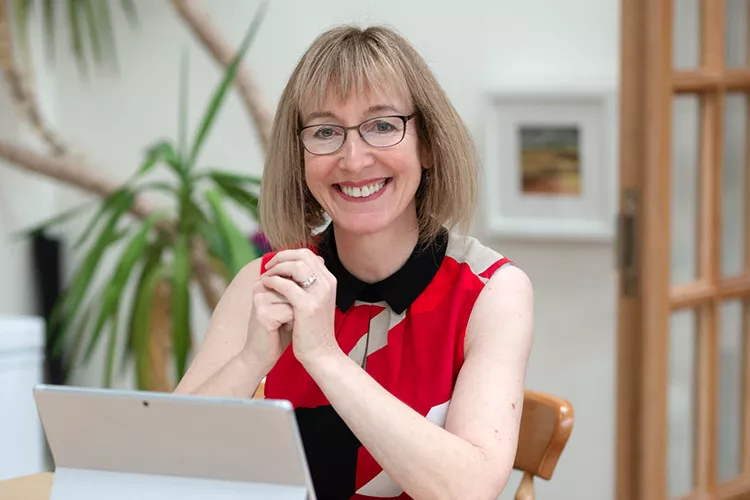Friday September 29th 2023

Kate Flory has been a coach for 21 years.
In 2002 people seemed to think working as a coach had something to do with working on the buses or joining an athletics team. Not a surprise as in 2002 the Life and Leadership Coaching that we know today was still in its infancy.
In 2007, records from the International Coaching Federation (ICF) published its first Global Coaching Study and found approximately 30,000 registered coaches, compared with their 2023 Study citing 109,200 coaches worldwide.
Back when Kate Flory, founder of Kapow Coaching started coaching in 2002, you had to be either a Life Coach or an Executive Coach with very different agendas and client base. Of course, there was no real social media back then, so promotion was by website, word of mouth and good old internal and external directories.
Kate Flory commented, “back then, as there was so much confusion around what coaching was and wasn’t, I soon found that the best way to explain was to offer a sample coaching session or run live free events, often in local libraries.”
Clients paid for the sessions themselves, as having a Life Coach was almost a secret activity that very few people admitted to having. Compare that with today where six out of ten businesses offer coaching formally, not taking into account informal work-place coaching.
Coaching has come full circle in many was as back in 2002 the majority of coaching was on the phone, often weekly or bi-weekly. Coaches didn’t even know what their clients looked like and hardly ever met them. Then the trend evolved into more face-to-face coaching, that is until Covid came along, with the result that once again, meeting at a distance has become the norm, with or without the use of video.
Kate Flory, reflecting on her 21 years as a professional certified coach shares, “What I love most about coaching is that it looks and feels different every time, both for me and the client. And whether I’m coaching in relative silence, using metaphors, a variety of props, as well as reflective cards, on a bike or in the comfort of your own home.”
Kate points out that from her perspective over the decades the boundaries between coach and therapist have also moved on. Very few clients talked about their wellbeing, their desire to be more resilient, their levels of stress or anxiety or even their confidence – topics that frequently are brought to my coaching table in 2023.
The ICF only formed in 1995 and were amongst a handful of global coaching associations. By 1999 they had a membership base of around 2,100 but by last year, they had 56,000 members worldwide.
ICF Global Coaching Surveys from the years 2007 and 2023 found some interesting evolution.
In 2007 it was believed there were 30,000 to 50,000 coaches worldwide. Of those, 68.7% were female, with the majority being between the age of 46 and 55. In the latest ICF study, in 2023, there were 109,200 coaches worldwide, an increase of 54% since the 2019 pandemic. With one in two coaches (48%) being from Generation X and with female coaches still dominant at 72%.
In 2007 the Global Coaching Study confirmed that “female clients” were focusing more on “non business areas such as Health and Fitness, therapeutic and Alternative Services” compared with their male counterparts who focused more on ”business focus such as Executive of Business / Organisation” coaching.
By 2023 “Leadership was the main area of coaching most frequently mentioned in the survey (34%), followed by executive coaching (17%) and business/organisations (13%).” However, 58% of coaching clients are still female
You can find out more about Kapow Coaching at www.kapowcoaching.com
Tweet Share on Facebook